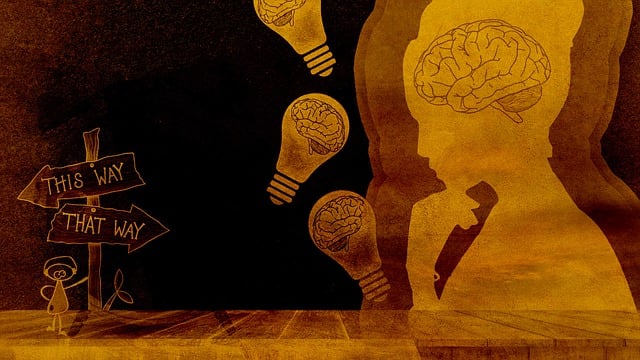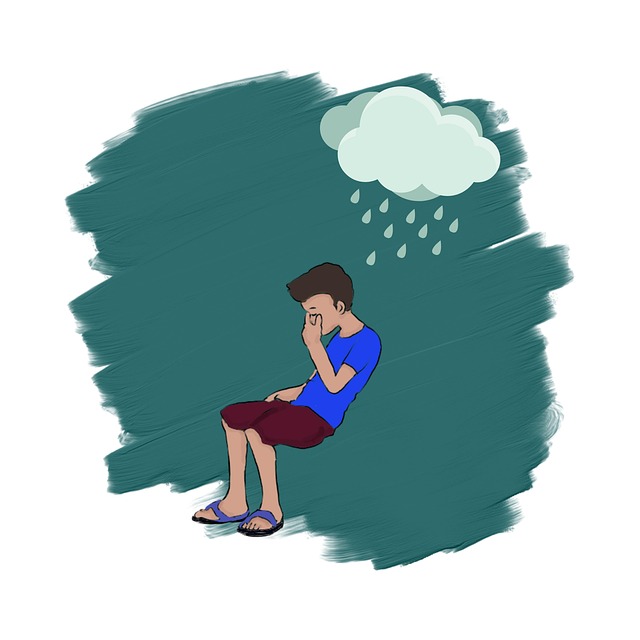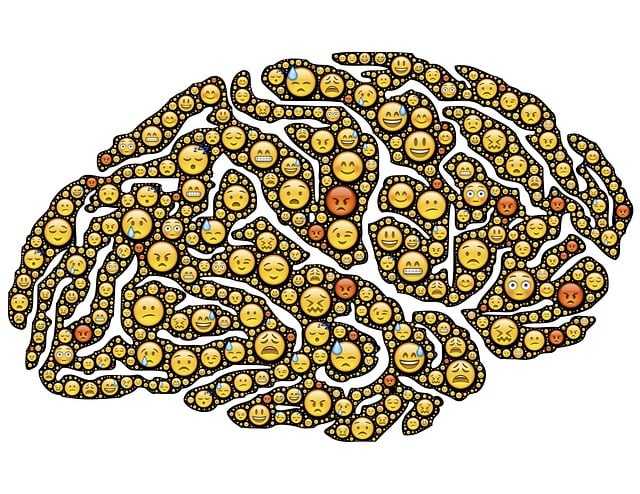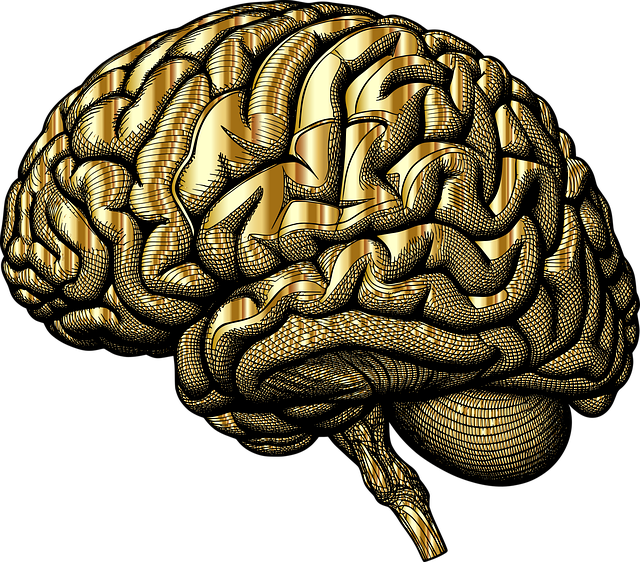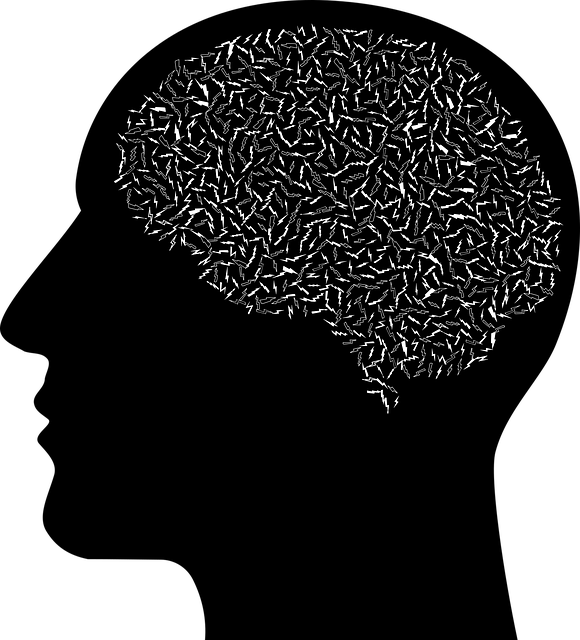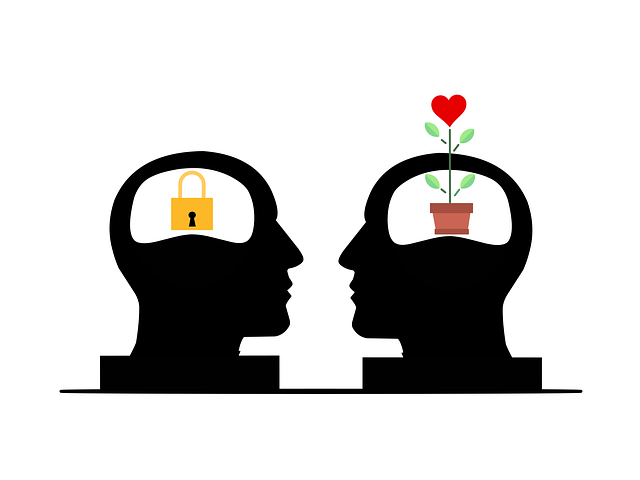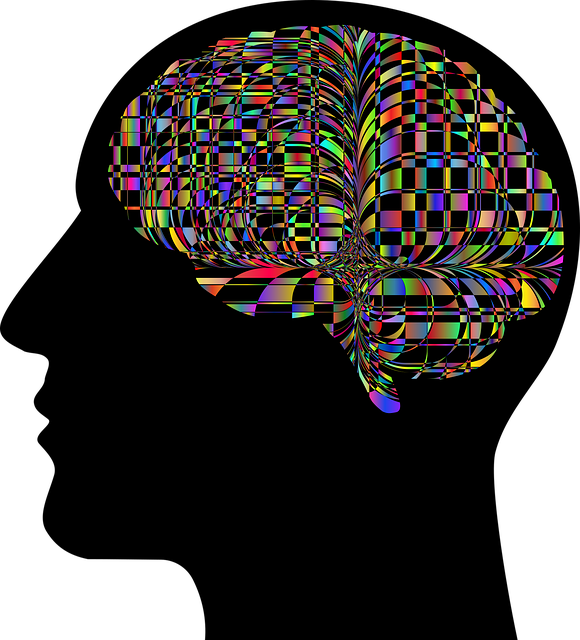Wheat Ridge, CO, takes a holistic approach to addressing drug abuse and mental wellness through comprehensive support systems that target both physical dependencies and psychological factors. A key strategy involves inner strength and resilience, with popular mental wellness podcast series as accessible resources. In the digital age, rising demand for solutions is met by apps like Wheat Ridge Drug Abuse-Substance Abuse Therapy, integrating self-awareness exercises and journaling to empower users in managing stress and anxiety. An ideal app offers personalized plans, secure tracking, evidence-based techniques, and peer support, with strong focus on emotional intelligence development and cultural sensitivity. Development involves extensive user research, design, testing, and marketing strategies aimed at reaching those needing trauma support or anxiety relief. Robust data security and ethical navigation are essential for gaining user trust.
In today’s digital age, mental wellness app development has emerged as a powerful tool to combat rising substance abuse rates, particularly in areas like Wheat Ridge Drug Abuse. These apps offer accessible, personalized therapy options, catering to a growing demand for discreet and convenient support. This article explores the development of effective mental wellness apps, from understanding the context of Wheat Ridge Drug Abuse to market analysis, key features, the development process, and ethical considerations, including user privacy.
- Understanding Mental Health and Substance Abuse: The Wheat Ridge Drug Abuse Context
- Market Analysis: Exploring the Demand for Wellness Apps
- Key Features of an Effective Mental Wellness App
- Development Process: From Concept to Launch
- Ethical Considerations and Ensuring User Privacy in Therapy Apps
Understanding Mental Health and Substance Abuse: The Wheat Ridge Drug Abuse Context

Understanding mental health and substance abuse is crucial, especially within the context of Wheat Ridge Drug Abuse. This vibrant community has recognized the importance of comprehensive support systems for individuals struggling with addiction and mental wellness issues. Substance abuse therapy in Wheat Ridge focuses on addressing not just the physical aspects of dependency but also the underlying psychological factors contributing to it. The approach prioritizes inner strength development, encouraging clients to explore and harness their innate resilience as a cornerstone of recovery.
The mental wellness podcast series production has been a game-changer, providing accessible platforms for sharing stories, offering advice, and spreading awareness about various therapeutic techniques. Moreover, risk management planning is an integral part of the process, ensuring that mental health professionals in Wheat Ridge are equipped to handle complex cases while maintaining ethical standards and patient safety.
Market Analysis: Exploring the Demand for Wellness Apps

In today’s digital age, the demand for mental wellness solutions has been steadily rising, with more individuals seeking accessible and convenient ways to improve their psychological well-being. This trend is particularly evident in the growing popularity of wellness apps, which offer a range of tools for self-care and therapy. Market analysis reveals a significant gap in the market for effective digital mental health resources, especially when it comes to addressing specific concerns like Anxiety Relief and Substance Abuse Therapy, as exemplified by the success of programs such as Wheat Ridge Drug Abuse-Substance Abuse Therapy.
The integration of Self-Awareness Exercises and Mental Wellness Journaling Exercise Guidance within these apps has proven to be a game-changer, providing users with essential tools for managing stress, anxiety, and other mental health challenges. With many individuals now recognizing the importance of proactive mental wellness, the demand for well-designed and engaging apps that cater to diverse needs is higher than ever. This presents a significant opportunity for developers to create innovative solutions that can make a tangible difference in people’s lives by enhancing their overall Mental Wellness Journaling Exercise Guidance.
Key Features of an Effective Mental Wellness App

An effective mental wellness app should incorporate several key features to cater to diverse user needs and promote holistic emotional healing processes. Firstly, personalized plans tailored to individual users’ mental health goals are essential. These plans can include customized routines for stress management and mindfulness meditation, ensuring users receive a supportive framework that adapts to their progress. Apps should also offer a safe space for users to track their moods, thoughts, and behaviors, facilitating self-awareness and reflection.
Additionally, integrating evidence-based therapeutic techniques such as cognitive-behavioral therapy (CBT) modules can significantly enhance the app’s effectiveness. Features like live chat or video sessions with licensed therapists, available through platforms like Wheat Ridge Drug Abuse-Substance Abuse Therapy, provide access to professional support when needed. Incorporating community forums and peer support groups also cultivates a sense of belonging, encouraging users to share their experiences and learn from one another while fostering social connection and emotional healing.
Development Process: From Concept to Launch

The development process for a mental wellness app begins with a deep understanding of the target audience’s needs and pain points. Research is key; this includes studying existing apps, gathering feedback from potential users, and consulting experts in the field of mental health, such as Wheat Ridge Drug Abuse-Substance Abuse Therapy specialists and trauma support services professionals. This phase involves defining the app’s purpose, identifying its core features, and creating a user experience (UX) strategy that aligns with best practices for emotional intelligence development and anxiety relief.
As the concept takes shape, designers and developers collaborate to create wireframes and prototypes. The design should be intuitive, visually appealing, and accessible, catering to users seeking support for various mental health challenges, from stress management to trauma recovery. Regular testing and iteration ensure the app meets high-quality standards. Once finalized, the app undergoes rigorous testing for bugs and security vulnerabilities. Finally, it’s time for launch, where marketing strategies are employed to reach a wide audience, especially those in need of effective anxiety relief or trauma support services.
Ethical Considerations and Ensuring User Privacy in Therapy Apps

As mental wellness apps gain popularity, it’s crucial to navigate the ethical landscape and prioritize user privacy. With sensitive information being shared within these digital platforms, ensuring data security becomes paramount. Users seeking therapy, whether for Wheat Ridge Drug Abuse-Substance Abuse Therapy or other mental health concerns, must be confident that their personal details are protected. Developers have a responsibility to implement robust privacy measures, adhering to regulations like HIPAA (Health Insurance Portability and Accountability Act) to safeguard user information.
Cultural sensitivity in mental healthcare practice is another key consideration. Apps should be designed with an understanding of diverse cultural backgrounds, ensuring inclusivity and avoiding stereotypes. Incorporating features that promote emotional intelligence and social skills training can further enhance the therapeutic experience. By addressing these ethical considerations, developers can foster a safe and supportive environment for users navigating their mental wellness journeys.
The development of mental wellness apps, especially those addressing substance abuse, such as the context found in Wheat Ridge Drug Abuse, presents a promising avenue for enhancing accessibility and effectiveness in therapy. By leveraging technology and understanding the current market demand, developers can create innovative solutions that cater to individuals seeking support for their mental health journeys. The key lies in incorporating essential features, adhering to ethical guidelines, and prioritizing user privacy during the development process. With these considerations in place, mental wellness apps have the potential to revolutionize access to care, offering convenient and effective Substance Abuse Therapy alternatives.
